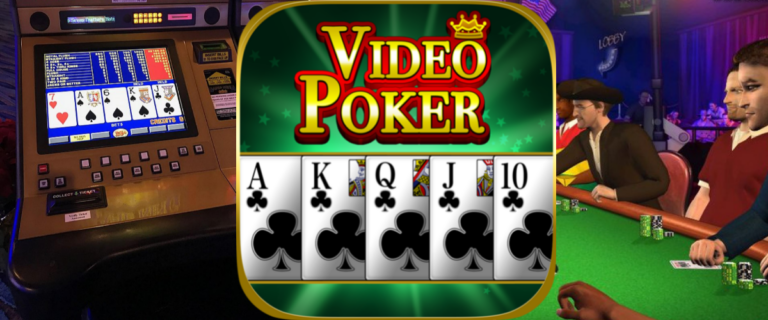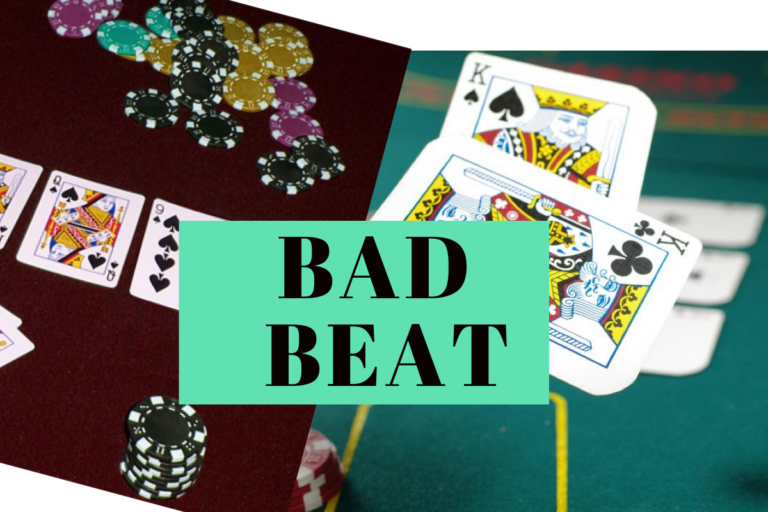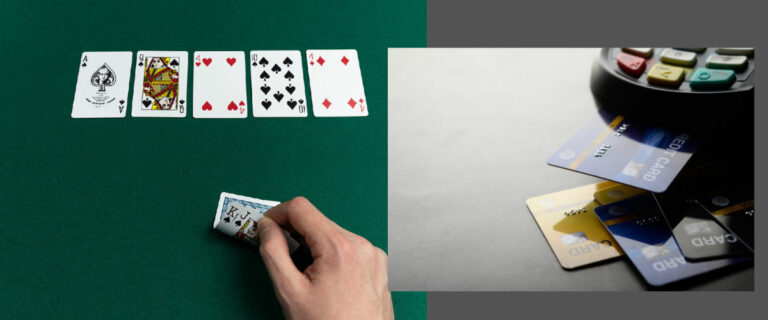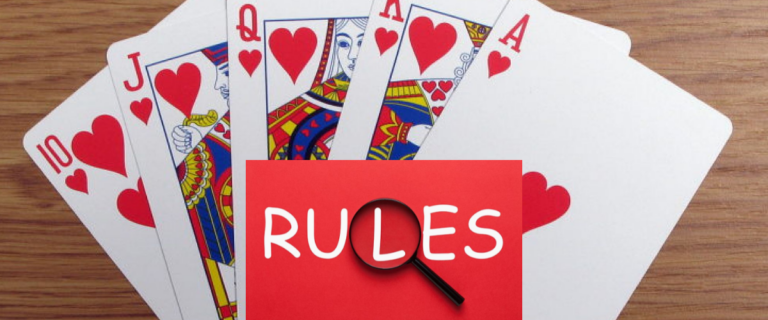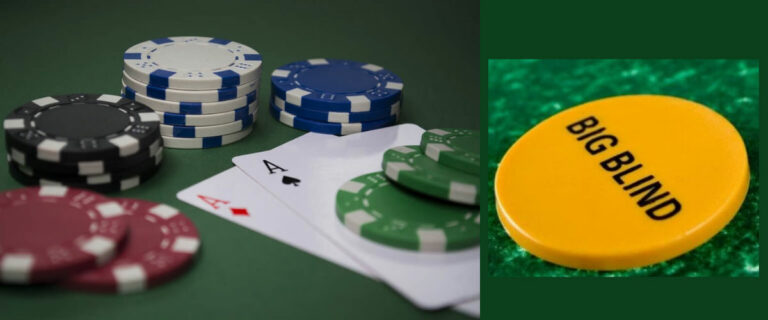General Poker Guide
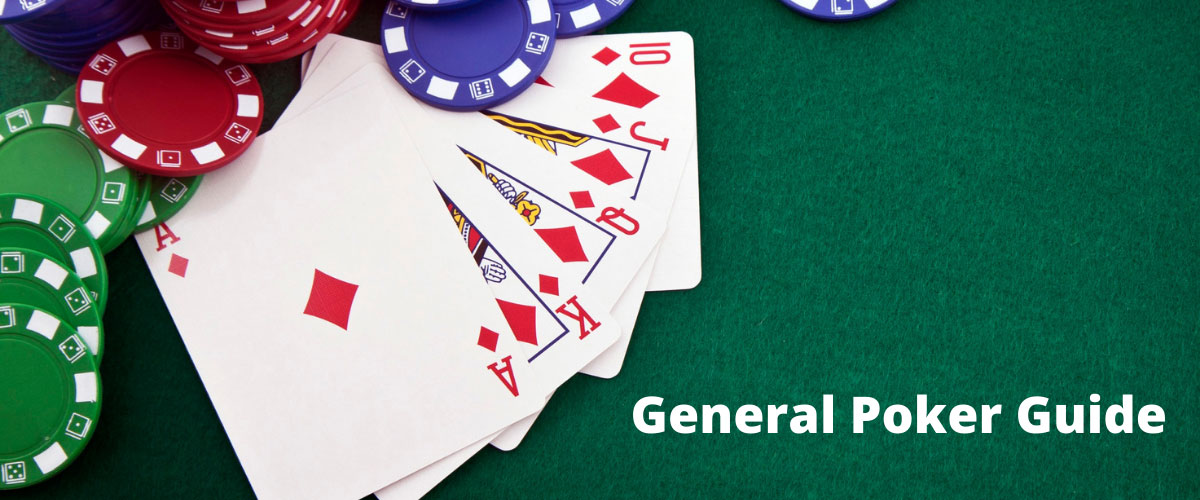
Today there is a lot of information on the internet about poker and how to learn how to play poker online. Everyone can learn how to earn money – this is confirmed by the success stories of thousands of professional players. However, to do so, you have to go through a long and difficult path: first learn the basics, then delve into advanced poker concepts – and never stop there, continuing to improve your skills and working strategies.
Basic poker concepts
You should only sit down at a table in one of the poker rooms once you are familiar with the basics of the game. Otherwise, you risk losing all your money quickly. Applications like the demo version of poker, where the game is played on conditional chips, are good for mastering the basic rules. But it is not recommended to stay in them, because the level of opponents there is low, and most of the decisions may seem absurd. It is better to create an account in one of the real and reliable online poker rooms, moreover, it is free of charge.
Basics of playing poker (Hands)
The main goal when playing poker is to accumulate the best hand during the game, which can consist of closed and community cards. All blinds must be made by the players at the beginning, during which time the cards have not yet been dealt. After the dealer works with the cards by shuffling them, he then initializes by dealing 2 of them to the players, for their eyes only, and they must choose one of the following actions:
- Bet,
- Call,
- Check,
- Raise,
- Fold.
Texas Hold’em is the simplest and most popular form of poker today. It is basically a classic poker game where every poker player starts the game with two closed cards – this is one of the basic rules of poker.
Poker hands from highest to lowest:
- Royal flush (A, K, Q, J, 10, all the same suit);
- Straight flush – Five cards in a sequence, all in the same suit;
- Four of a kind – All four cards of the same rank;
- Full house – Three of a kind with a pair;
- Flush – Any five cards of the same suit, but not in a sequence;
- Straight – Five cards in a sequence, but not of the same suit;
- Three of a kind – Three cards of the same rank;
- Two pairs – Two different pairs;
- Pair – Two cards of the same rank;
- High Card – When you haven’t made any of the hands above, the highest card plays. In the example below, the jack plays as the highest card.
When the players’ chosen action is completed, the flop or three community cards are dealt. At this point, the player can already tell if their hand is strong. This will be another round in which any of the actions mentioned earlier will be repeated by the players. These actions will also be decided during the turn or deal of the fourth common card. The fifth and final common card, this will be the last opportunity to act. This is also when players want their opponents to fold their cards and increase their chances of winning.
How to deal in poker?
If we consider the hand on the example of Texas Hold’em, it consists of several stages, which are also called streets:
- Preflop. The first stage of the hand, which begins after the dealer deals the cards. The first word is spoken by the poker player sitting to the left of the big blind. He has several options: pass, call, or raise.
- Flop. The first three cards in common, which all players can use to make combinations. The small blind now opens the betting. If he resets his hand – the first active poker player clockwise from him.
- Turn. The fourth common card. The trade is held according to the rules of the previous street.
- River. The final common card. The bidding follows the same rules. This is the last opportunity to win the pot without bringing the hand to showdown.
If there is no winner in the course of bidding, the dealer announces a showdown and the remaining players open their starting hands. The winner is determined by the strength of the best 5-card combination.
What are the differences between the different poker formats?
The following are traditionally popular:
- Cash. A cash game, when chips are equivalent to a certain currency – for example, euros or dollars.
- Tournaments. Multi-table tournaments are a popular format where all players get an equal amount of chips for a certain amount (buy-in) and play until there is 1 winner. At the final tables you can get very large prizes – tens and hundreds of buy-ins.
- Spins. Quick mini-tournaments for three people. Their peculiarity is the chance to win the jackpot. The prize pool is determined just before the tournament starts.
All these formats can be tried on various online platforms – these are legal sites where the game is played for real money, there is professional support in different languages, and you can make a deposit in any convenient way.
Chances of winning at poker
Poker is not just about luck, it’s also about playing math and learning working strategies and hands so you can become a real high-stakes poker player. You need to gain experience by playing it more often so you can get into different situations. You should know how to calculate your chances of winning in advance, this is when you have a hand that is one card short of a flush.
You can calculate your probability of getting another card of the same suit, based on the number of remaining cards of the target suit compared to the number of other cards to be dealt in the overall deck. Reverse odds are also calculated where you already have a full hand while your opponent has a flop.
How to master the rules of poker playing with conditional money?
Any online poker room provides the opportunity to play for conditional chips, which the player receives for free and in case of loss they can also recover. This is a great opportunity to learn the rules of poker and evaluate the work of the software.

